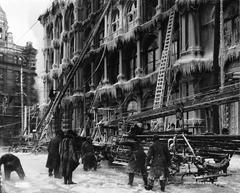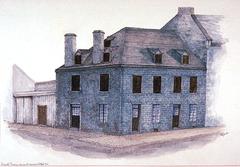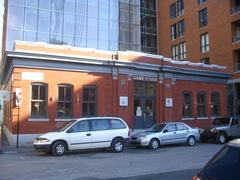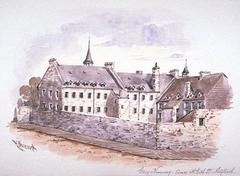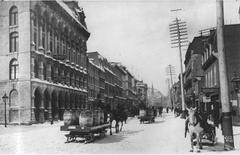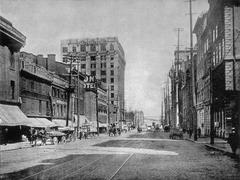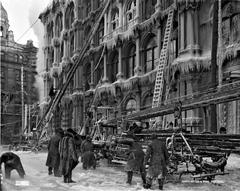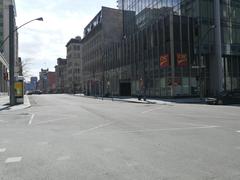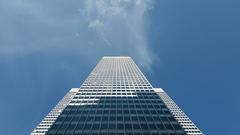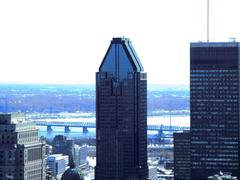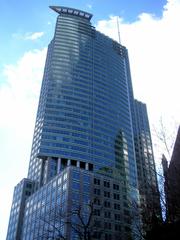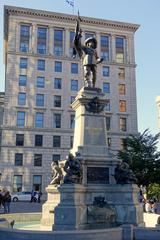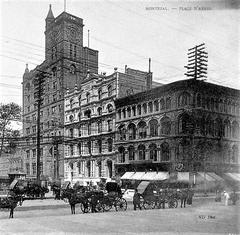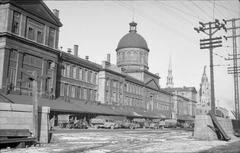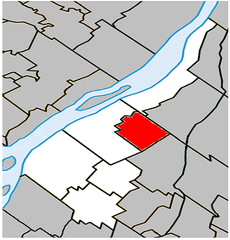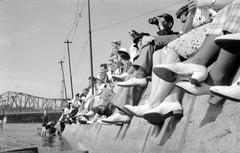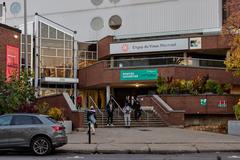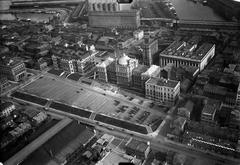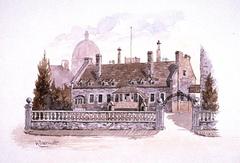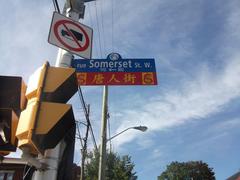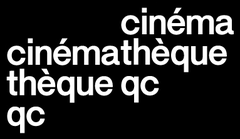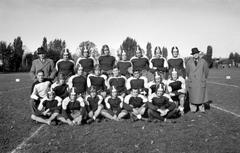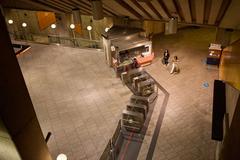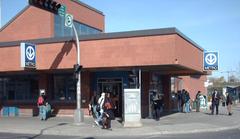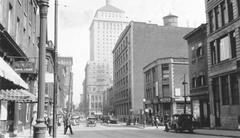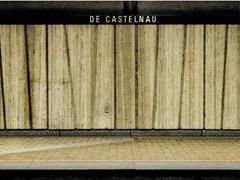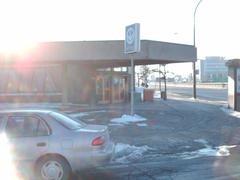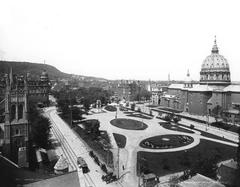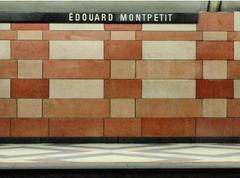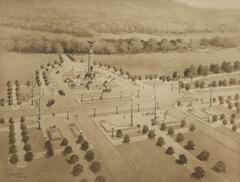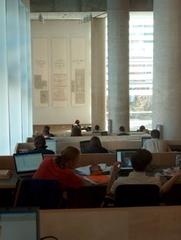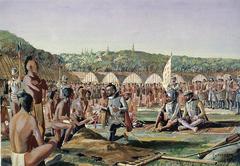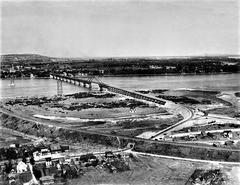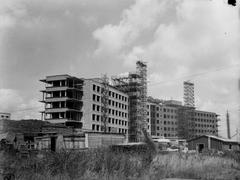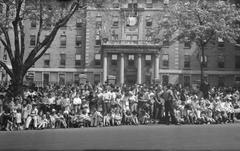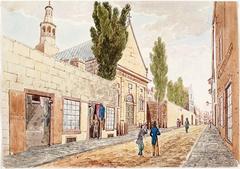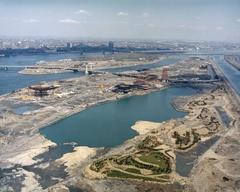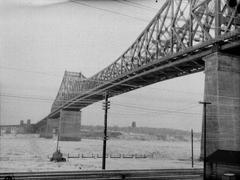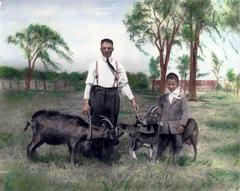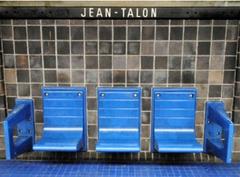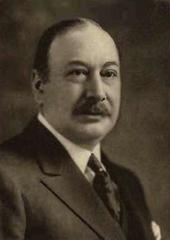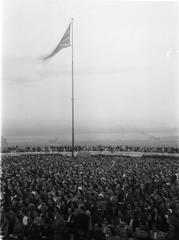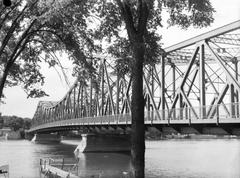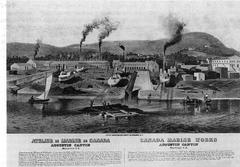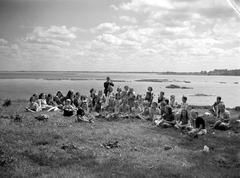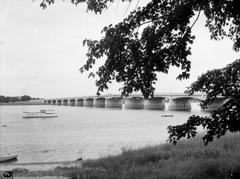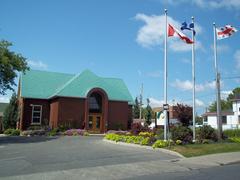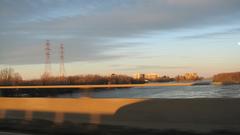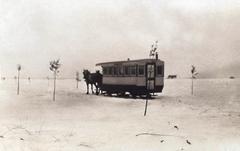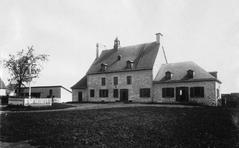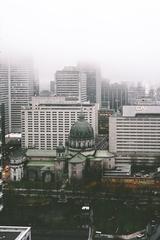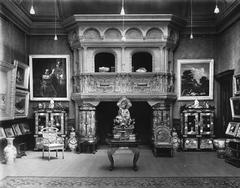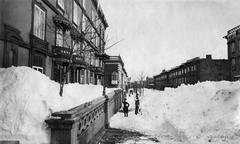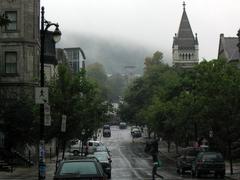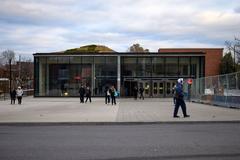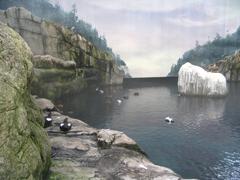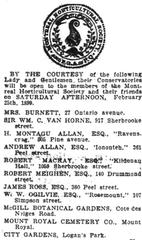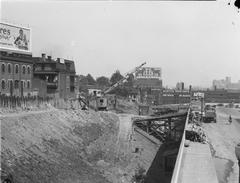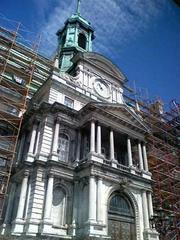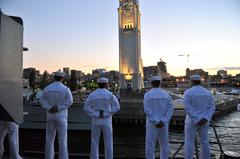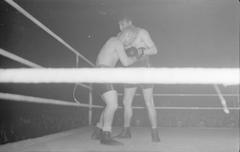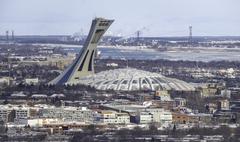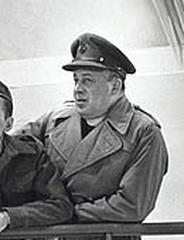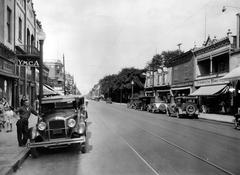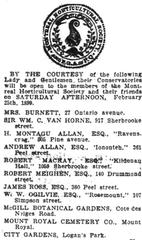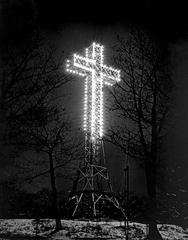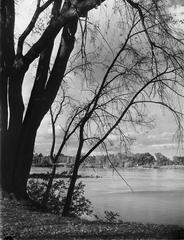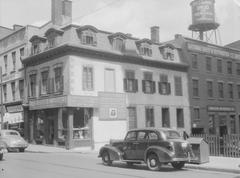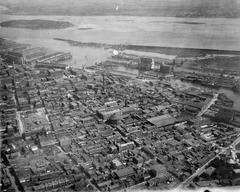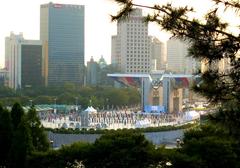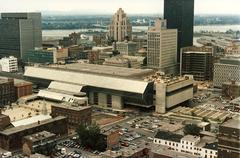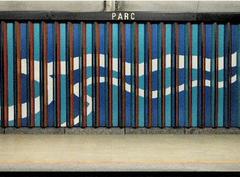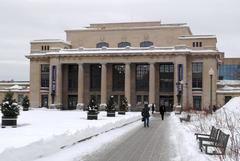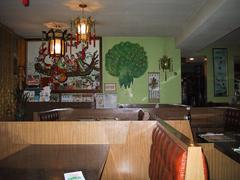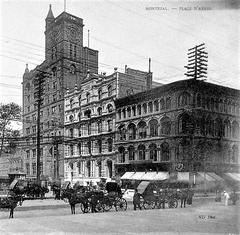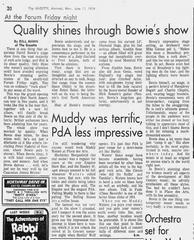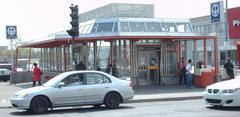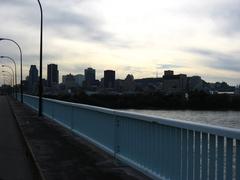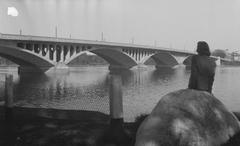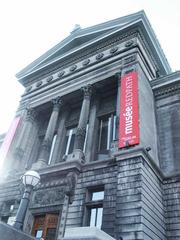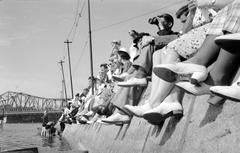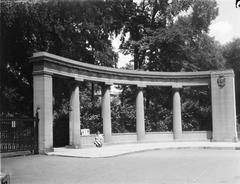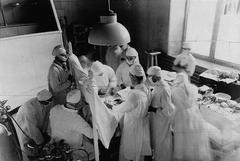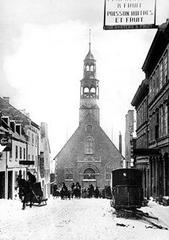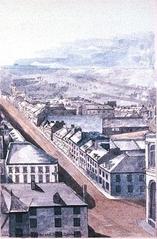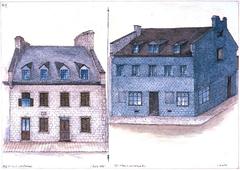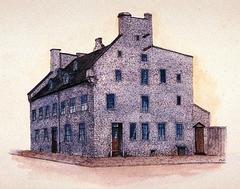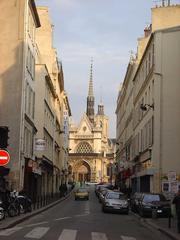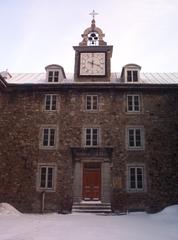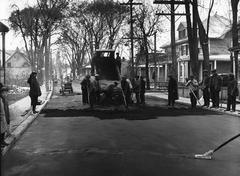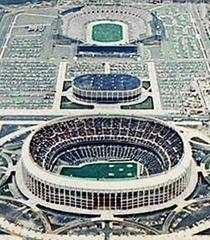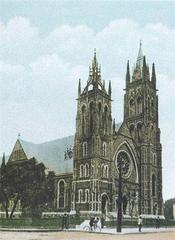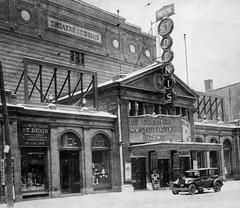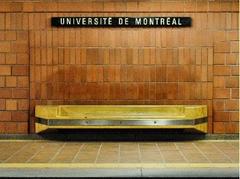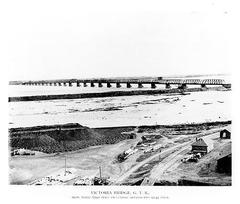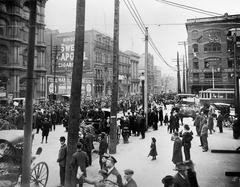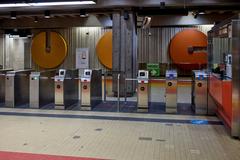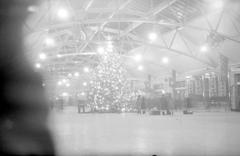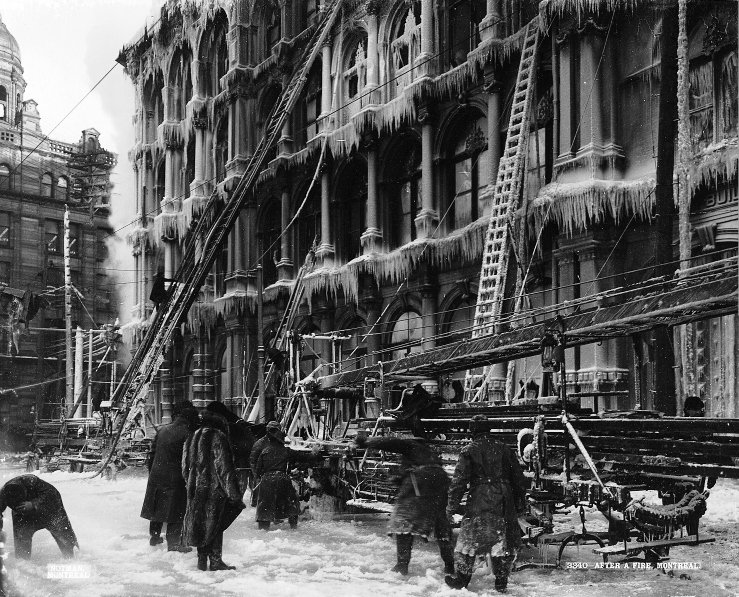
McGill College Avenue & Rue McGill, Montreal: Visiting Hours, Tickets, and Historic Sites Guide
Date: 14/06/2025
Introduction
Situated at the heart of Montreal, McGill College Avenue and its historic extension, Rue McGill, offer a seamless blend of the city’s storied past and vibrant present. These iconic streets, bearing the legacy of James McGill—the Scottish-born merchant and founder of McGill University—serve as gateways between Old Montreal’s heritage and the modern downtown core. Visitors are treated to an engaging urban landscape: neoclassical and Victorian facades, adaptive reuse of warehouses, bustling markets, cultural landmarks, and a rich culinary scene. Together, these avenues stand as living narratives of Montreal’s bilingual, multicultural identity.
Both McGill College Avenue and Rue McGill are public thoroughfares, accessible year-round and open 24/7, making them perfect for casual strolls or in-depth explorations. Guided and self-guided tours, accessible transportation, and a variety of events ensure a welcoming experience for all. This guide provides a detailed overview of their history, architectural highlights, practical visitor information, and insider tips—equipping you to fully immerse in Montreal’s urban tapestry.
For deeper insights and timely updates, consult Heritage Montreal, Tourisme Montréal, and the Pointe-à-Callière Museum official site.
Contents
- Introduction
- Early Origins and Naming
- 19th-Century Mercantile Hub
- Urban Development and Architecture
- Visitor Information: Hours, Tickets, Accessibility
- McGill Avenue’s Role in Montreal’s Urban Identity
- Cultural and Social Impact
- Notable Landmarks and Heritage Sites
- Tips for Visitors
- Frequently Asked Questions (FAQ)
- Conclusion
Early Origins and Naming
Rue McGill and McGill College Avenue draw their names from James McGill, a Scottish merchant and philanthropist who established McGill University in 1821. From its inception, Rue McGill linked Montreal’s port on the St. Lawrence River with emerging commercial and residential districts, making it a vital artery for commerce and social exchange (10Best USA Today; Montreal Trip).
19th-Century Mercantile Hub
By the 1800s, Rue McGill flourished as a commercial center lined with warehouses, shipping offices, and businesses that supported Montreal’s thriving trade. Many of these 19th-century buildings, featuring intricate stonework and neoclassical or Victorian facades, still define the street’s character today (Montreal Trip; TripSavvy).
Urban Development and Architectural Evolution
The early 20th-century brought new building regulations, influencing the skyline along these avenues. Restrictions on skyscraper heights led to distinctive multi-storey designs, like the McGill Building with its tripartite facade (IMTL). Surrounding neighborhoods such as the Golden Square Mile became home to the city’s Anglophone elite, marked by Victorian mansions and institutional landmarks (Heritage Montreal).
Visitor Information: Hours, Tickets, and Accessibility
- Visiting Hours: McGill College Avenue and Rue McGill are public spaces, open 24/7. Key attractions such as the Pointe-à-Callière Museum typically operate from 10:00 AM to 5:00 PM, with extended hours on select days; always verify directly with the site.
- Tickets: Walking the streets is free. Admission fees apply only for certain attractions; for example, Pointe-à-Callière Museum charges CAD 15–22 (discounts for students and seniors).
- Accessibility: Both avenues feature wide, pedestrian-friendly sidewalks and curb cuts, accommodating wheelchair users and strollers. Public transit (metro and bus) and BIXI bike-sharing stations are nearby.
- Guided Tours: Seasonal guided tours can be booked through Heritage Montreal and Tourisme Montréal. Self-guided maps are widely available.
McGill Avenue’s Role in Montreal’s Urban Identity
McGill College Avenue and Rue McGill serve as both historical boundaries and vibrant urban corridors, connecting Old Montreal to the downtown core. Adaptive reuse of former warehouses into boutiques, offices, and restaurants mirrors Montreal’s shift from mercantile powerhouse to a service-oriented metropolis (Montreal Trip).
Cultural and Social Impact
The avenues epitomize Montreal’s multicultural and bilingual heritage. Cafés, galleries, and shops along the route host seasonal festivals, art installations, and community events—making the area a focal point for both locals and visitors (Nomadic Matt; MTL.org; Newlines Institute).
Notable Landmarks and Heritage Sites
- Pointe-à-Callière Museum: Uncover Montreal’s archaeological heritage at this acclaimed museum (Pointe-à-Callière).
- McGill Building: A standout example of early skyscraper architecture (IMTL).
- Grand Trunk Railway Headquarters: Historic building symbolizing Montreal’s industrial era.
- Victoria Square (Square Victoria): Urban plaza with Beaux-Arts architecture and the Square-Victoria–OACI metro station.
- Marché des Éclusiers: Seasonal market at the southern end, open spring to fall, featuring local foods and artisanal goods.
- Old Port: Waterfront destination for boardwalk strolls and seasonal activities (TripSavvy).
- Place Jacques-Cartier: A lively historic square nearby (Montreal Trip).
- McCord Stewart Museum: Showcasing Montreal’s social history (McCord Stewart Museum).
Tips for Visitors
- Wear comfortable shoes for navigating cobblestone sidewalks and extended walks.
- Visit in spring through fall for outdoor events, open-air dining, and markets.
- Use public transit or bikes for convenient, eco-friendly access.
- Arrive early to enjoy quieter streets and better photo opportunities.
- Book guided tours in advance, especially during peak seasons.
- Check accessibility of specific historic sites if needed.
Frequently Asked Questions (FAQ)
Q: Are there entrance fees to walk along McGill College Avenue or Rue McGill?
A: No, both are public streets; fees only apply to select attractions (e.g., museums).
Q: What are the best times to visit?
A: Late spring to early fall offers pleasant weather and numerous events.
Q: Is the area wheelchair accessible?
A: Yes, both avenues and many attractions accommodate wheelchairs.
Q: Are guided tours available?
A: Yes, guided and self-guided tours are widely available (Heritage Montreal).
Q: Where can I find more information about nearby attractions?
A: Visit Tourisme Montréal.
Getting There and Getting Around
- Metro Access: Closest stations are Square-Victoria–OACI and Place-d’Armes, both within easy walking distance.
- Bus Routes: Several routes service the area, with stops along or near both avenues.
- Biking: BIXI bike-sharing stations and dedicated bike lanes make cycling a convenient option.
- Walking: Wide, tree-lined sidewalks and pedestrian crossings enhance walkability.
Seasonal Events & Practical Information
- Summer: Outdoor markets, food festivals, and open-air concerts abound.
- Winter: Holiday lights, seasonal markets, and ice skating in nearby Old Montreal.
- Language: French is official, but English is widely spoken in tourist areas.
- Currency: Canadian dollar (CAD); cards and contactless payments accepted.
- Safety: The area is safe, but remain vigilant for pickpockets in crowded places.
Accommodation
Staying near McGill College Avenue or Rue McGill provides easy access to Old Montreal’s top sites. Options range from luxury hotels (Hotel William Gray, Auberge du Vieux Port) to boutique stays (Hotel Nelligan).
Enhancing Your Visit
- Download audio guides or mobile apps such as Audiala for self-paced exploration.
- Leverage online virtual tours and interactive maps for planning and orientation.
- Explore side streets for hidden gems, cafés, and local shops.
Conclusion
McGill College Avenue and Rue McGill are not just thoroughfares—they are vibrant corridors connecting Montreal’s past with its modern, multicultural present. Whether you’re drawn by historic architecture, bustling markets, or vibrant cultural events, these avenues offer an accessible, enriching, and quintessential Montreal experience. Plan your visit to immerse yourself in the stories, flavors, and sights that make this area a highlight of any Montreal itinerary.
Sources
- Rue McGill Montreal: Visiting Hours, Tickets, and Historical Sites Guide, 2024
- Discover McGill Street, Montreal: Visiting Hours, History, and Nearby Attractions, 2024
- Exploring McGill Street Montreal: Top Things to Do, Historical Sites, and Visitor Guide, 2024
- Exploring McGill Street in Old Montreal: Visiting Hours, Attractions, Accessibility, and Travel Tips, 2024
- Pointe-à-Callière Museum Official Site
- Heritage Montreal
- Tourisme Montréal
- Nomadic Matt Montreal Travel Tips
- IMTL - Edifice McGill
- TripSavvy Old Montreal Recommendations
- McCord Stewart Museum
- Newlines Institute on Montreal’s Cultural Evolution
